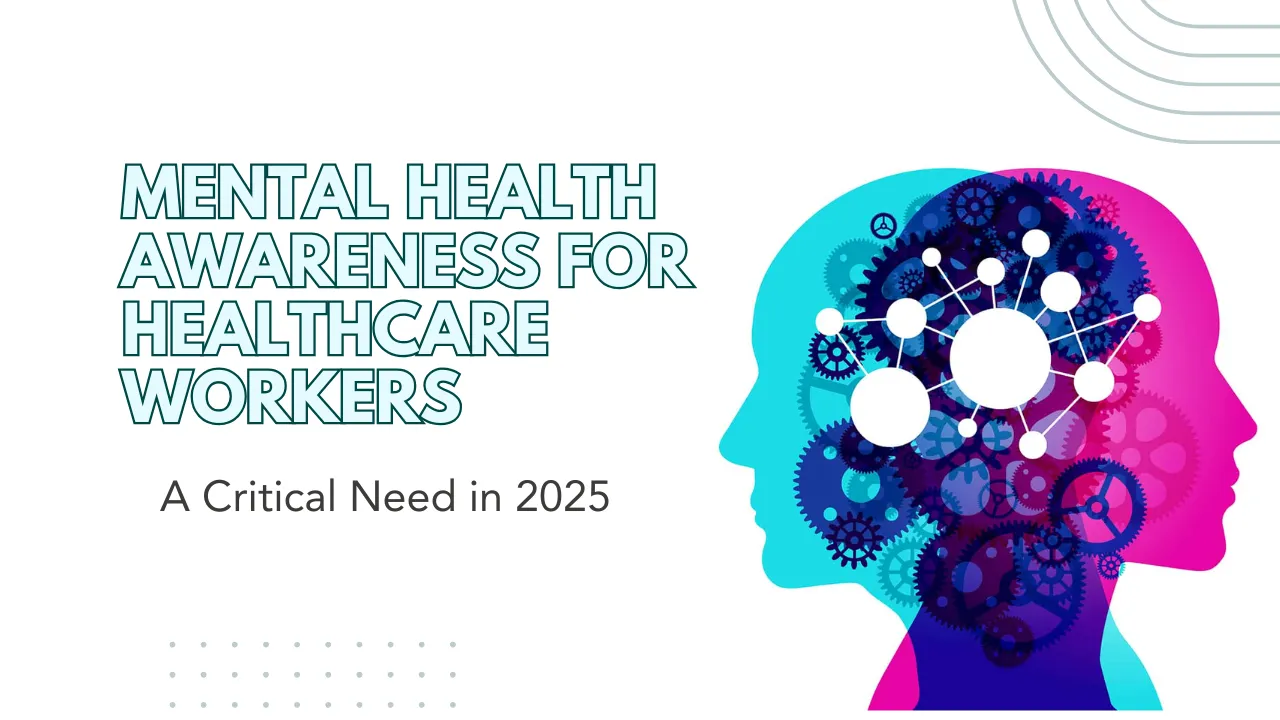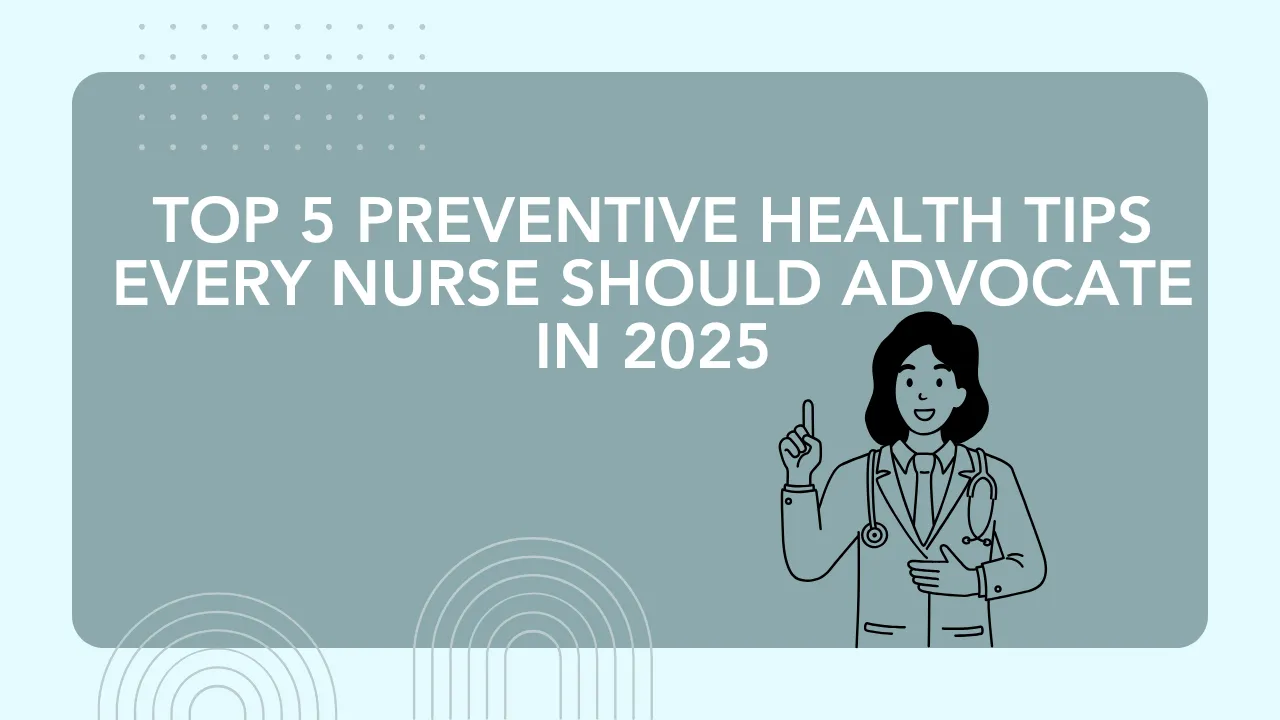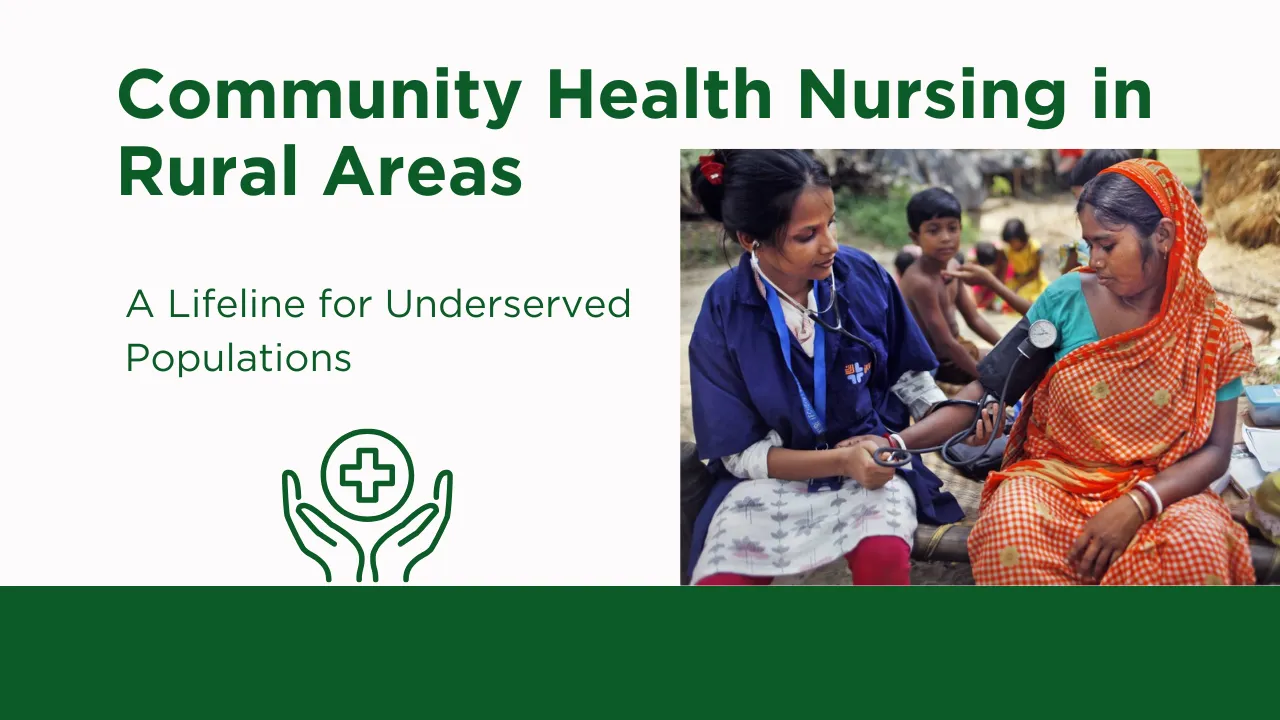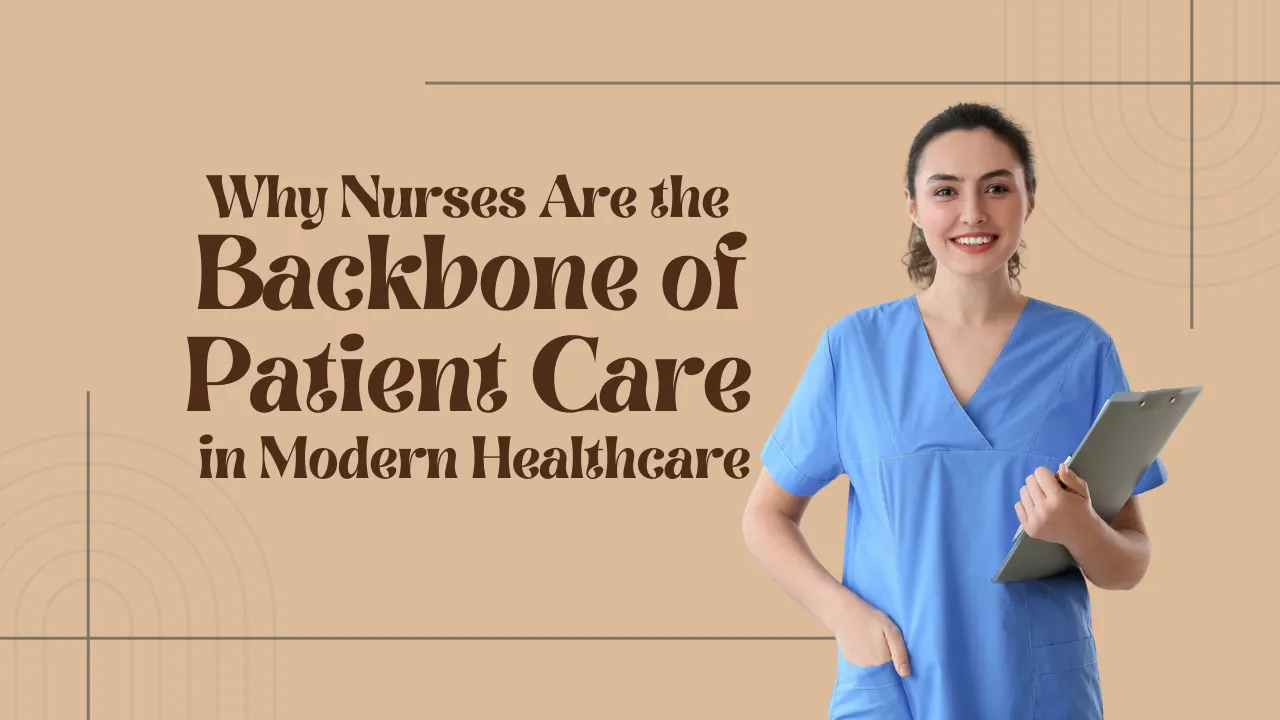Mental Health Awareness for Healthcare Workers: In today’s high-demand healthcare environment, professionals are often hailed as heroes—resilient, tireless, and unwavering in their commitment to patient care. But behind the professionalism lies a simple truth: healthcare workers are human too. And like anyone facing continuous pressure, they are susceptible to mental health challenges.
As we move deeper into 2025, mental health awareness is no longer optional for those in healthcare—it’s essential. Understanding the signs of emotional strain, supporting one another, and accessing mental wellness resources can dramatically change not only workplace culture, but also patient outcomes.
Why Mental Health Awareness Matters More Than Ever
Working in healthcare means working at the frontlines of life and death. It’s a noble path—but one filled with emotional, physical, and psychological strain.
- Chronic Stress and Burnout: Long hours, critical decisions, emotional exhaustion, and high-stakes environments lead to burnout—a condition now officially recognized by the WHO.
- Emotional Exposure: Repeated exposure to pain, loss, and trauma can result in compassion fatigue, anxiety, or even PTSD.
- Impaired Care: Unaddressed stress can affect performance, communication, and decision-making, directly impacting patient safety.
- Stigma Within the System: Ironically, many healthcare workers hesitate to seek help due to fear of professional judgment or repercussions.
- Rising Suicide Risk: Alarming statistics highlight elevated rates of suicidal ideation among healthcare professionals, especially nurses and physicians.
Healthcare systems cannot function optimally unless the well-being of the caregivers themselves is protected and nurtured.
Recognizing the Warning Signs
Identifying mental health challenges early can make all the difference. Common indicators to watch for include:
- Persistent fatigue or emotional numbness
- Withdrawal from colleagues or loved ones
- Changes in appetite or sleep patterns
- Difficulty concentrating or making decisions
- Frequent irritability or anger
- Increased reliance on alcohol or medication
- Feelings of helplessness or hopelessness
- Loss of interest in activities once enjoyed
If you or a colleague display these signs, don’t ignore them. Mental health struggles are treatable—but only if acknowledged.
Self-Care Is Professional Care
Self-care isn’t indulgence; it’s maintenance. Just as nurses wouldn’t skip wound cleaning or medication rounds, they shouldn’t skip care for themselves.
Effective self-care practices include:
- Getting enough sleep and rest between shifts
- Maintaining a balanced diet
- Engaging in physical movement—even a short walk
- Practicing breathwork, meditation, or prayer
- Taking regular micro-breaks during shifts
- Setting healthy boundaries between work and personal life
- Spending time in nature or with supportive people
- Seeking professional help without hesitation
Even small, consistent habits can build resilience over time.
Workplace Culture Makes All the Difference
A healthcare setting that prioritizes mental health encourages both wellness and retention. Leaders and staff alike can help foster:
- Open conversations about stress and emotions
- Zero judgment zones for discussing mental health
- Training programs to help identify distress in peers
- Peer support groups and safe spaces for debriefing
- Reasonable shift scheduling and staffing policies
- Encouragement to use vacation days and mental health leave
A culture of care should extend to caregivers too.
Accessing Support: What Should Be Available
In 2025, many institutions offer targeted support systems. Still, awareness and access remain key. Look for:
- Employee Assistance Programs (EAPs) for confidential counseling
- On-site mental health counselors or digital tele-counseling platforms
- Crisis hotlines or text lines for immediate emotional support
- Workshops on mindfulness, resilience, and managing burnout
- Mobile apps offering meditation, journaling, or peer connections
- Anonymous support channels for those hesitant to speak openly
Don’t wait until you “break down” to seek help. Use these tools proactively—just like you would advise your patients.
Be a Voice for Change
Each nurse, doctor, or technician has the power to influence workplace norms. Here’s how:
- Speak up about workloads and unrealistic expectations
- Challenge stigma by sharing personal stories or insights
- Check in with peers regularly—not just about clinical updates, but about their state of mind
- Advocate for policies that safeguard mental health
- Support colleagues who take time off for mental health reasons
One voice, especially from someone within the system, can create waves of awareness.
Final Thought: Take Care to Give Care
You became a healthcare worker to help others. But you cannot pour from an empty cup.
Prioritizing your mental health is not selfish—it is your responsibility as a caregiver, a colleague, and a professional. Let 2025 be the year where compassion begins with yourself.
You matter. Your mental well-being matters. And a healthier, more humane healthcare system begins when we take care of those who care for all.














